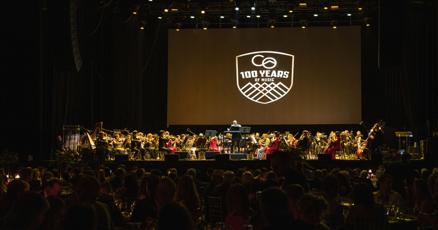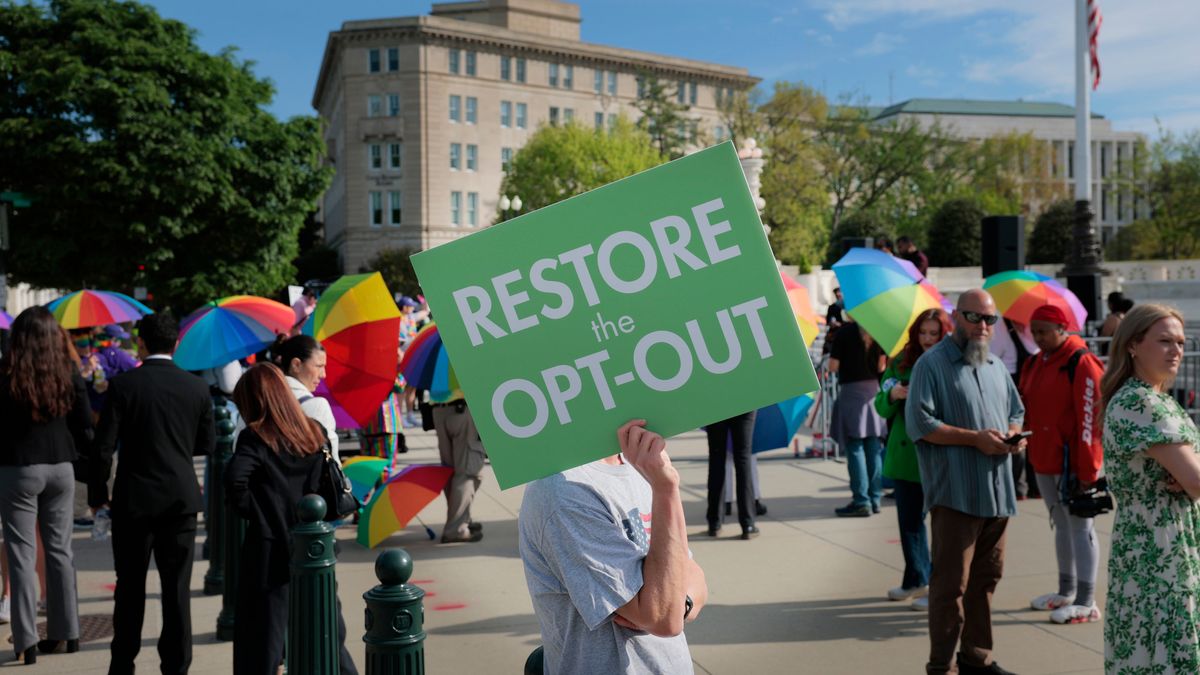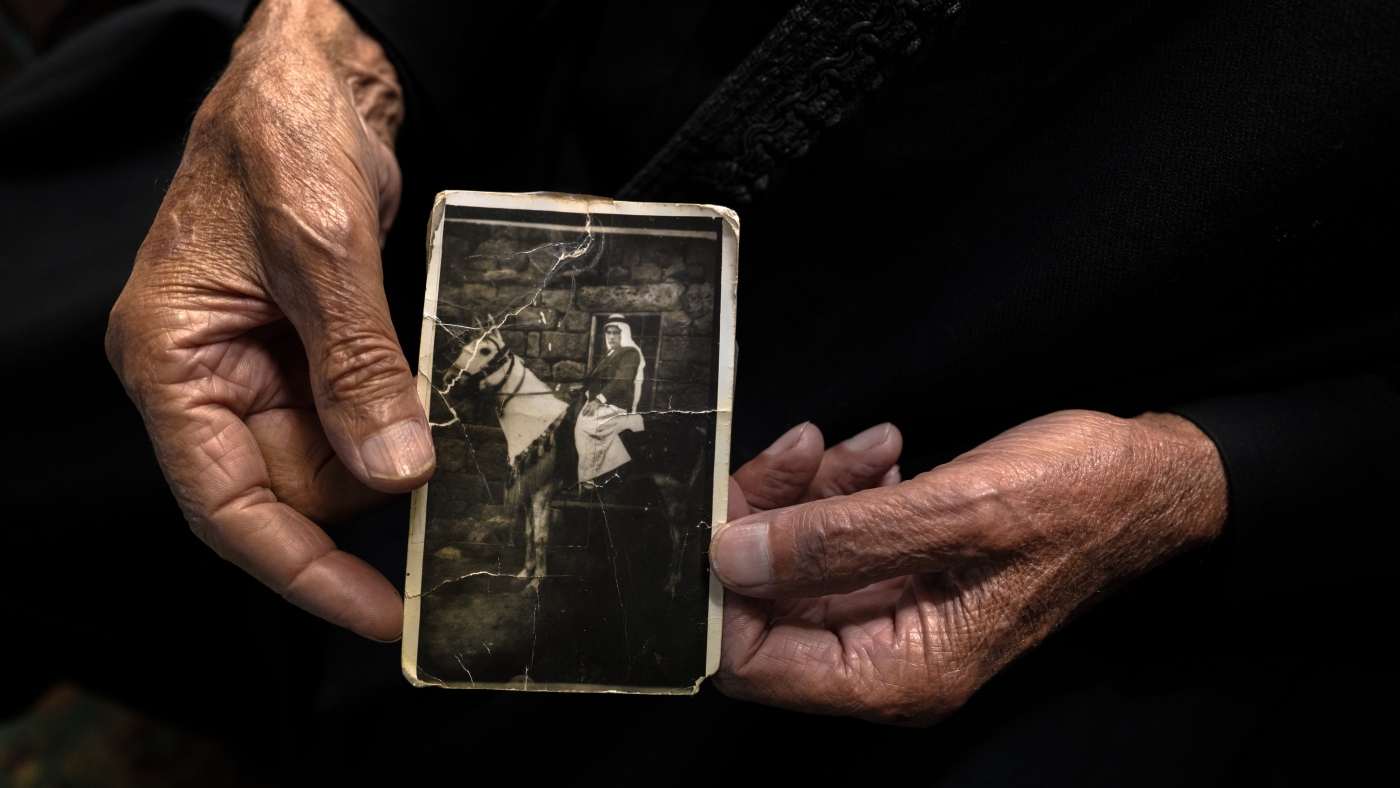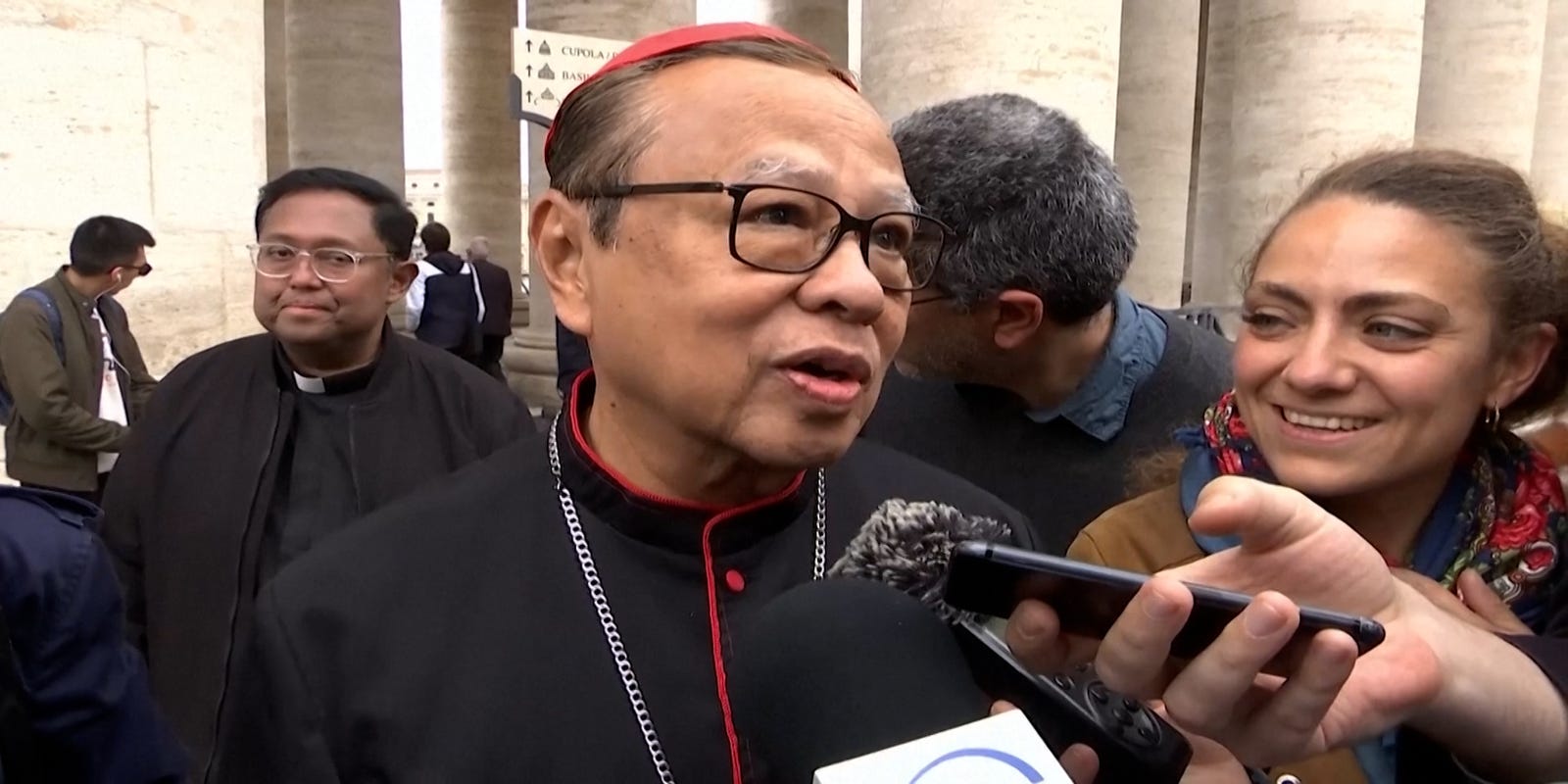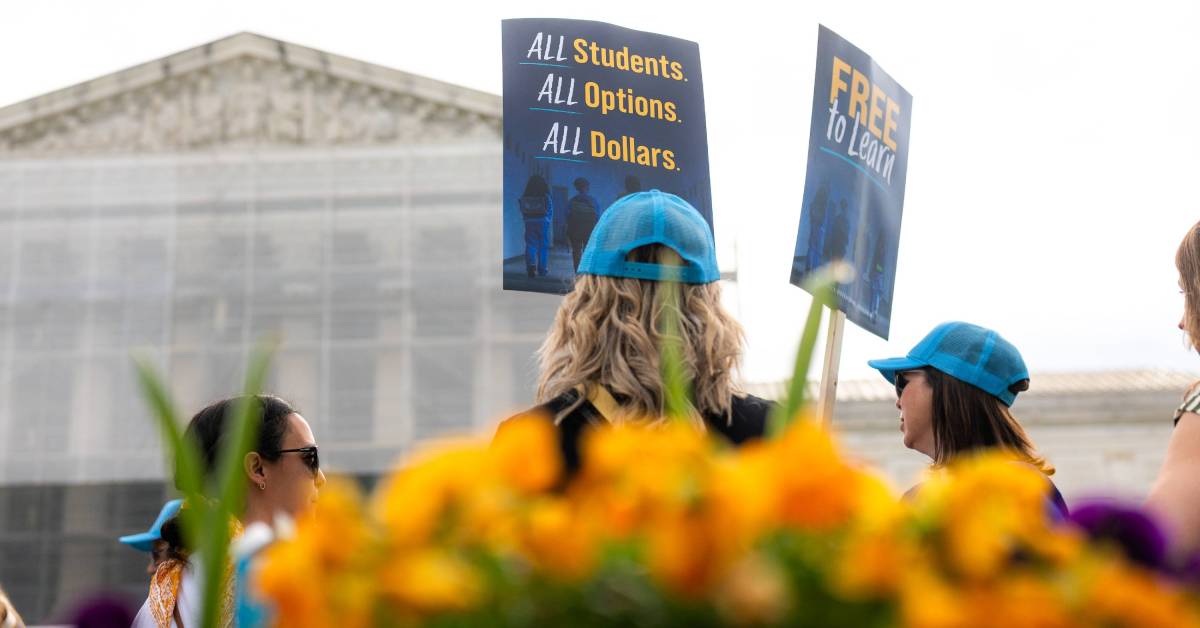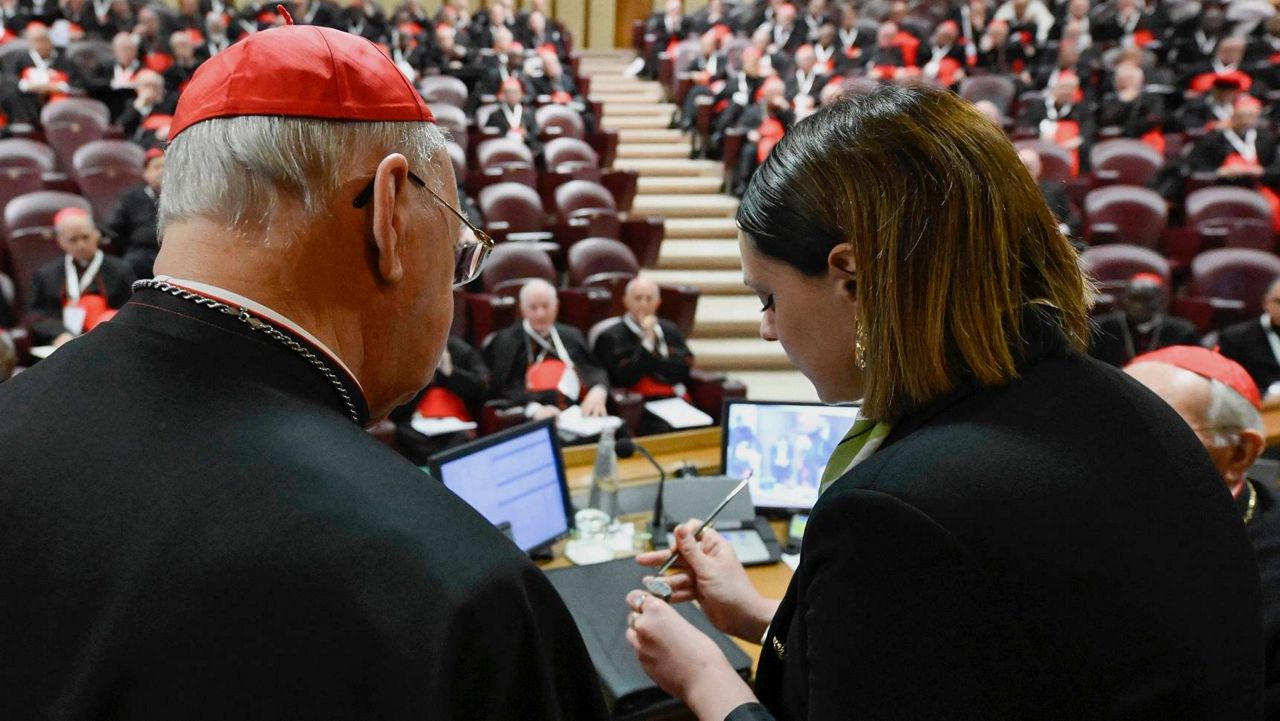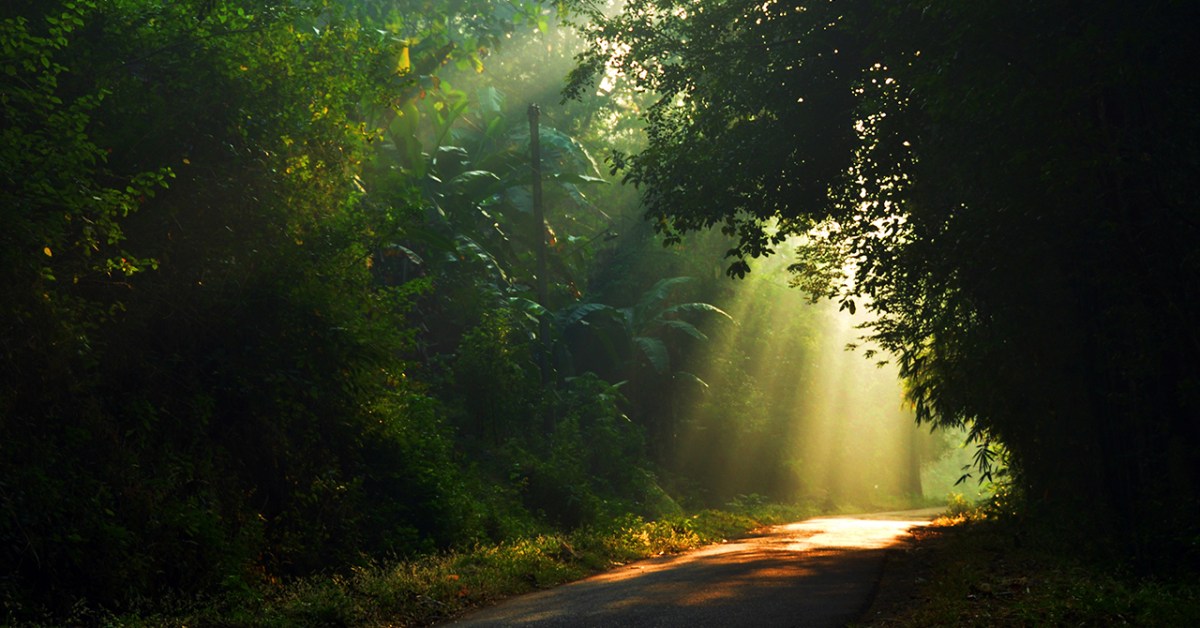
Unseen Realms: Where Divine Mysteries Collide with Nature's Hidden Secrets
Global Faith: A Worldwide Perspective on Belief
Across continents and cultures, an overwhelming majority of people around the world share a profound connection to spiritual beliefs. The Pew Research Center has uncovered fascinating insights into humanity's deep-rooted spiritual landscape, revealing that belief in a higher power transcends geographical and cultural boundaries.
Beyond traditional religious frameworks, people express complex spiritual experiences that extend far beyond the physical world. Many individuals report sensing a spiritual presence that exists outside the realm of natural scientific explanation—a mysterious connection to something greater than themselves.
Interestingly, these spiritual beliefs aren't confined to human-centric perspectives. Many people also express a profound reverence for nature and animals, seeing them as more than mere biological entities. Instead, they perceive the natural world as interconnected, sacred, and imbued with a deeper spiritual significance.
This global phenomenon demonstrates that despite our diverse cultural backgrounds, humans share a fundamental desire to understand and connect with something beyond our immediate, tangible reality.

